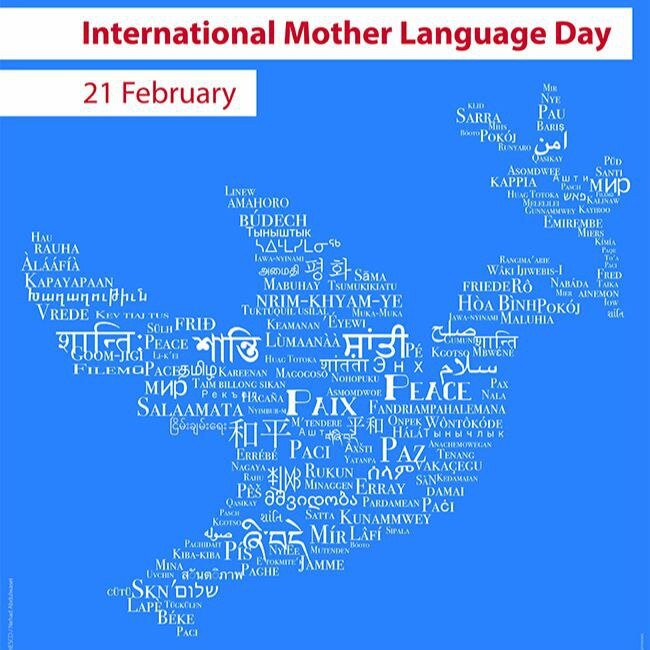International Mother Language Day languages matter
International Mother Language Day: languages matter
TEHRAN –February 21 marks the annual observance of International Mother Language Day; the day aims to raise awareness of linguistic and cultural diversity and multilingualism.

Languages play a key role in promoting education and sustainable development, serving as the primary means through which knowledge is transferred and cultures are preserved.
With their complex implications for identity, communication, social integration, education, and development, languages are of strategic importance for people and the planet. Yet, due to globalization processes, they are increasingly under threat or disappearing altogether. When languages fade, so does the world’s rich tapestry of cultural diversity. Opportunities, traditions, memory, unique modes of thinking and expression- valuable resources for ensuring a better future- are also lost.
With approximately 8,324 languages in the world today, many are at risk of disappearing due to globalization and societal changes. Ensuring that education systems support the right to learn in one’s mother tongue is crucial for improving learning outcomes, as students who are taught in a language they fully understand show better comprehension, engagement, and critical thinking skills.
Multilingual and multicultural societies exist through their languages, which transmit and preserve traditional knowledge and cultures in a sustainable way. Multilingual education, particularly for minority and indigenous languages, not only helps learners but also fosters a deeper connection between education and culture, contributing to more inclusive and equitable societies.
The 25th anniversary of International Mother Language Day celebrates a quarter-century of efforts to preserve linguistic diversity and promote mother tongues. Celebrated with the theme ‘Languages matter: Silver Jubilee Celebration of International Mother Language Day’, it underscores the urgency of accelerating progress on linguistic diversity to build a more inclusive and sustainable world by 2030.
The day serves as a significant opportunity to reflect on achievements, renew commitments, and emphasize the critical role of language preservation in safeguarding cultural heritage, improving education outcomes, and creating more peaceful, sustainable societies.
International Mother Language Day was established by UNESCO in 1999, with the first celebration taking place in 2000. The idea to celebrate the day was the initiative of Bangladesh, it aims to protect languages from disappearing and underscores the role of languages in promoting inclusion and achieving Sustainable Development Goals.
Multilingual education not only promotes inclusive societies but also aids in preserving non-dominant, minority, and indigenous languages. It is a cornerstone for achieving equitable access to education and lifelong learning opportunities for all individuals.
source: tehrantimes.com